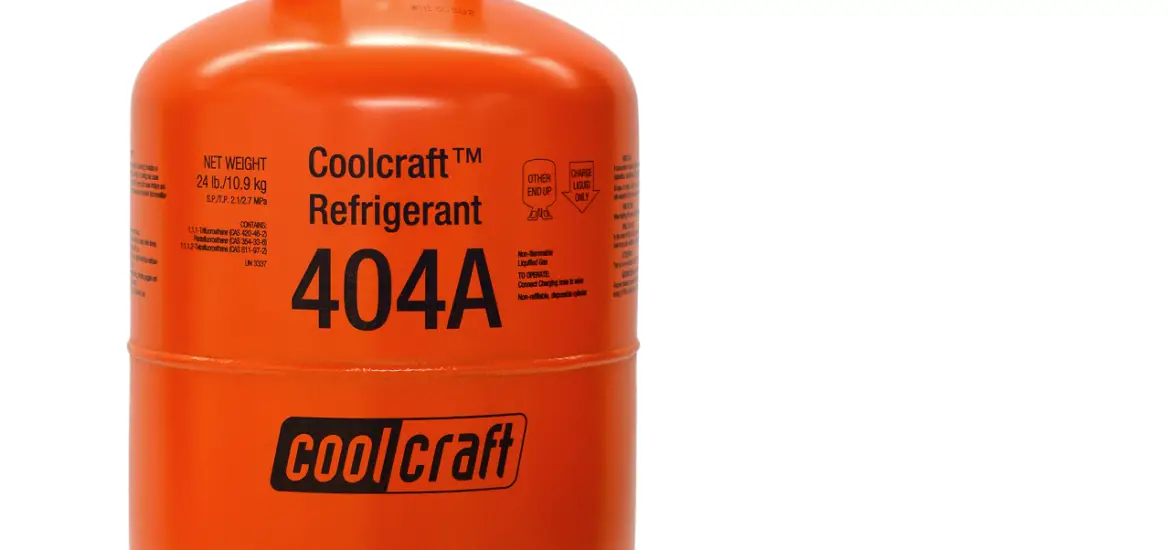Welcome to the riveting world of “Refrigerant vs Coolant”. If you’ve ever mixed up the two, you’re not alone! But hold up, they aren’t the same, and they serve completely distinct purposes. Refrigerants? They’re all about the cooling game in devices like air conditioners and refrigerators. Coolants, on the other hand, are the peacekeepers of engine temperature in automobiles. Intrigued yet? Let’s get this chilled journey rolling!

Table of Contents
Understanding the Basics
What is a Refrigerant?
A ‘refrigerant’ is your key to the cool summer days indoors. It’s a substance we rely on in air conditioning systems, refrigerators, and freezers. Why? Because it undergoes phase changes from liquid to gas (and vice versa), extracting heat and bringing the chill.
Common Types of Refrigerants
Now, these refrigerants come in various forms. You’ve got your R-22, often found in older AC units, your R-410A, a more eco-friendly option for new systems, and your R-134, the go-to choice for car AC systems. Can you see how varied the refrigerant world is?
What is a Coolant?
Stepping over to ‘coolant,’ it’s the thermal regulator of engines. It’s a fluid designed to keep temperatures in check in vehicles and machinery, helping them avoid getting too hot-headed. Imagine a coolant as the engine’s personal air conditioner.
Common Types of Coolants
From ethylene glycol to propylene glycol and organic acid technology, coolants have a few options too. Each has its own strengths and uses, so the choice depends on what you need for your specific engine.
Refrigerant Vs Coolant
Since the two serve different purposes, they can’t really be compared. Below we talk about the key differences in refrigerants and coolants.
Key Differences Between Refrigerants and Coolants
Purpose and Application
Remember, refrigerants and coolants aren’t swap-able. One’s your cool buddy for AC systems and the other’s your thermal regulator for engines. Two different characters, two different stories.
Chemical Composition
The reason for their varied roles? It’s all in the chemicals, my friend. Refrigerants and coolants have different chemical compositions, which is why they excel in their respective fields.
Environmental Impact
And let’s not forget about Mother Earth. Both refrigerants and coolants can be quite harmful if not properly disposed of. That’s right, being careless with these substances can have real consequences for the environment.
Read more detailed articles on refrigerants here – Articles on Refrigerants: The Ultimate Guide to Understanding Them
The Role of Refrigerants and Coolants in Everyday Life
Refrigerants in Daily Use
Refrigerants are probably cooling you down as you read this. They’re crucial for our comfort, making air conditioning and refrigeration possible.
Coolants in Daily Use
And coolants? Without them, our cars would be nothing more than expensive paperweights. They keep engines humming and us moving, making them an everyday hero of sorts.
Safety and Disposal of Refrigerants and Coolants
Safety Measures
Dealing with refrigerants and coolants isn’t child’s play. It’s important to follow safety guidelines to prevent any harm, as they can be dangerous if not handled with care. For refrigerants, this means proper storage in cool, well-ventilated areas and using proper protective gear when handling. The name of the game is avoiding direct contact with skin or inhalation of fumes. Coolants, on the other hand, should also be stored in a cool place, out of reach of children and pets – they can be pretty toxic if ingested. Plus, you want to avoid skin and eye contact. Not exactly your everyday household items, right?
Proper Disposal
Just as you wouldn’t litter, don’t dispose of refrigerants and coolants haphazardly. Proper disposal is key to reducing their environmental impact. For refrigerants, consider recovery and recycling. This isn’t a do-it-yourself project, but professionals can reclaim and recycle refrigerants, ensuring they don’t escape into the atmosphere. Coolants? They should also be recycled. Many auto repair shops and recycling centers accept used coolant. Always check with local regulations, as improperly disposing of these substances can lead to fines. Remember, a little effort on your part can help save our planet from unnecessary harm.
Conclusion
So, refrigerants vs coolants: different purposes, different uses, but both indispensable in our daily lives. Let’s do our bit by using them responsibly, and always remember – proper handling and disposal makes all the difference.